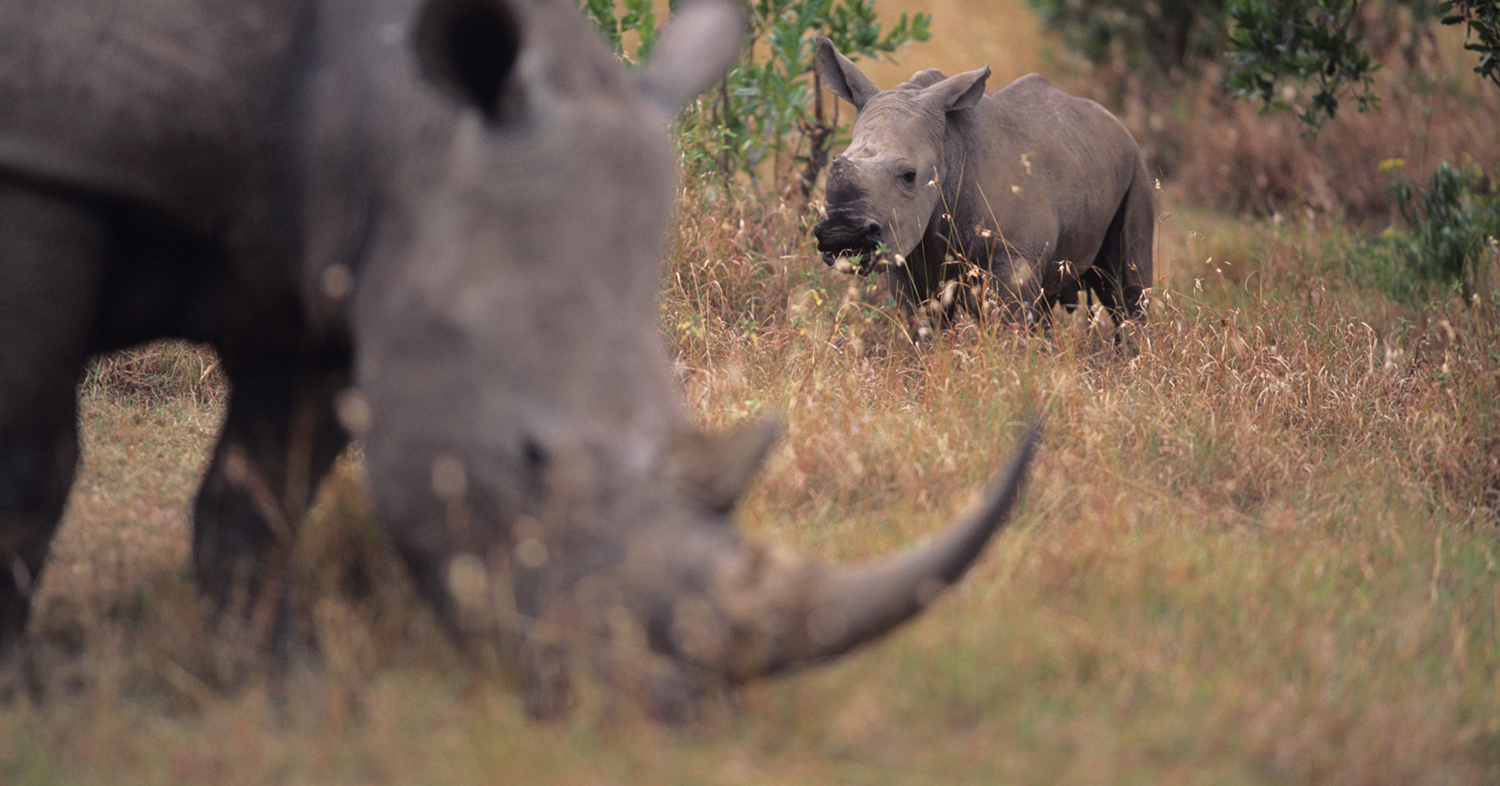Archived Content
In an effort to keep ICE.gov current, the archive contains content from a previous administration or is otherwise outdated. This information is archived and not reflective of current practice.
Case by case, ICE protects wildlife from greedy poachers in South Africa
Illegal wildlife trade has reached alarming levels globally. The Global March for Elephants and Rhinos report that one elephant is killed every 15 minutes and one rhino is killed every nine to 11 hours. Each year, more than 35,000 elephants are killed for their ivory tusks and more than 1,000 rhinos are killed for their horns. Experts predict that if the mass slaughter continues, these beautiful creatures will soon become extinct.
U.S. Immigration and Customs Enforcement’s (ICE) Homeland Security Investigations (HSI) has made the interdiction of wildlife trafficking a global priority, and the HSI attaché office in Pretoria, South Africa, is making every effort to protect wildlife from poachers and the transnational criminal organizations who profit from this crime against nature.
“When a kilogram of rhino horn can be sold for up to $65,000 on the black market, it’s not surprising that poaching is not easy to eradicate, especially in African nations where unemployment is rampant and the lure for income and cash are major incentives for those living on the periphery of society,” said Michael Lepore, assistant attaché of HSI Pretoria.
The truth is, wildlife trafficking is big business around the world. Animal parts, such as rhino horns, elephant tusks, bear bile, tiger claws and numerous animal skins are trafficked much like illegal drugs and weapons.
Lepore said that, “It’s critical that the international law enforcement communities and nations affected by poaching work shoulder-to-shoulder to combat poaching activity and halt the flow of animal products.”
That’s exactly what HSI Pretoria is doing on the ground in Africa. HSI Special Agent Joshua Lievers and Foreign Service National investigator with HSI Surin Pillay have been forging relationships and reliable partnerships with the South African law enforcement community, including the South African Police Service. These alliances are making a major difference in the fight against wildlife trafficking in the region. Together, HSI Pretoria and the South African Police Service, with assistance from the Department of State’s International Narcotics and Law Enforcement Affairs, are disrupting the activities of individual poachers, as well as the criminal syndicates who take advantage of corruption at local levels and are able to gain access to game parks to illegally kill wildlife.
In May, HSI Pretoria and the South African Police Service conducted covert operations involving proposed sale of Etorphine (M99), a drug that is often used to immobilize elephants, rhinos and other large mammals. M99 is available legally only for veterinary use and is strictly governed by law.
In June, HSI Pretoria and the South African Police Service conducted a second successful undercover operation near the Umfolozi Game Reserve in South Africa. The operation led to the arrest of five wildlife poaching conspirators and the seizure of items used in the proposed killing of a rhino. Two of the five subjects were corrupt wildlife game access rangers at the Umfolozi Game Reserve who were working with wildlife trafficking syndicates.
Further investigation revealed that the arrestees were planning on selling the rhino horn to an unknown transnational syndicate. One of the suspects was also a smuggler of high-powered weapons, which were sold to and used by transnational criminal syndicates. The South African Police Service was familiar with this individual, known to be implicated in several rhino killings, as well as pending murder charges in South Africa.
As a follow up to this operation, HSI is providing the South African Police Service with the financial and forensic analytical support they’ve requested.
“HSI will continue to work with the South African Police units focused on wildlife trafficking,” said Lepore. HSI will not only focus on poaching efforts in the local game parks, but every effort will be made to extend investigations beyond the local lower level poachers to the criminal syndicates and transnational criminal organizations making millions of dollars selling wildlife parts in the Asian market. Taking a financial approach to curb this illicit activity falls within HSI’s capacity and expertise.”
HSI Pretoria will not rest as long as poachers are killing wildlife for profit.
“Speaking from an investigative point of view, as well as a father of a young son,” said Pillay, “I would like to know that as my child grows into an adult, he will have the opportunity to see endangered species taken off the endangered species list, surviving in their native habitat without the fear of extinction at the hands of greedy wildlife traffickers.”
While the U.S. Fish and Wildlife Service and the National Oceanic and Atmospheric Administration’s National Marine Fisheries Service share primary responsibility for administration of the Endangered Species Act and the Lacey Act. HSI, with U.S. Customs and Border Protection, actively enforce these laws. Additionally, Customs administrations are the lead agency for deterring the international trade in ivory, which is banned under the Convention on International Trade in Endangered Species of Wild Fauna and Flora.
In February, President Barack Obama launched an Implementation Plan that provides details on combating illicit wildlife trade in the coming years. The plan lays out specific tasks and responsibilities, focusing on three priorities: strengthening enforcement; reducing demand for illegally traded wildlife; and building international partnerships and commitments. The Implementation Plan builds upon the U.S. National Strategy for Combating Wildlife Trafficking, which was issued in February 2014 by the president, and reaffirms America’s commitment to work in partnership with governments, local communities, nongovernmental organizations, and the private sector to stem the illegal trade in wildlife.
There are many actions people can take to protect wildlife from poachers, one of which is to provide intelligence and information using social media to the proper law enforcement agencies worldwide.


